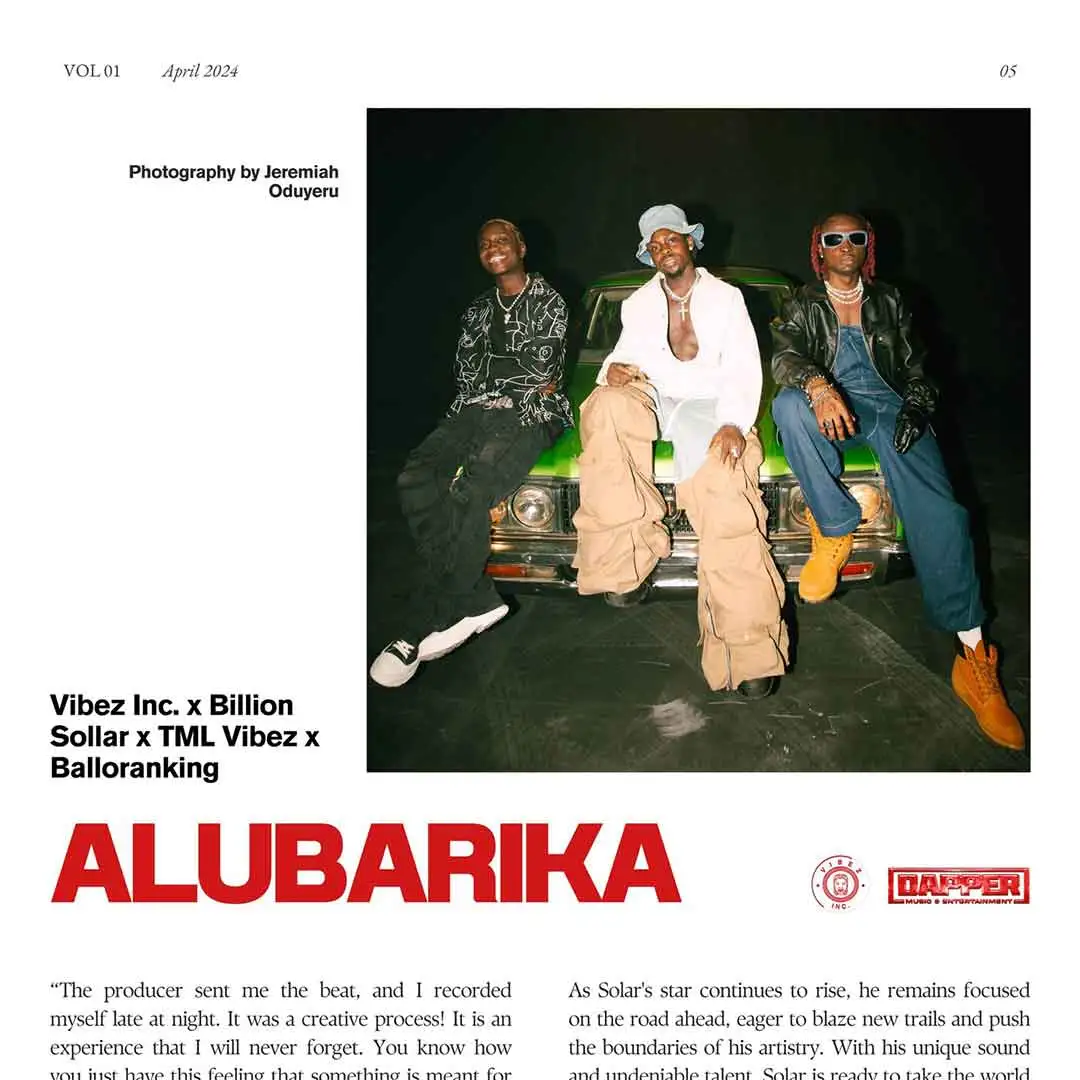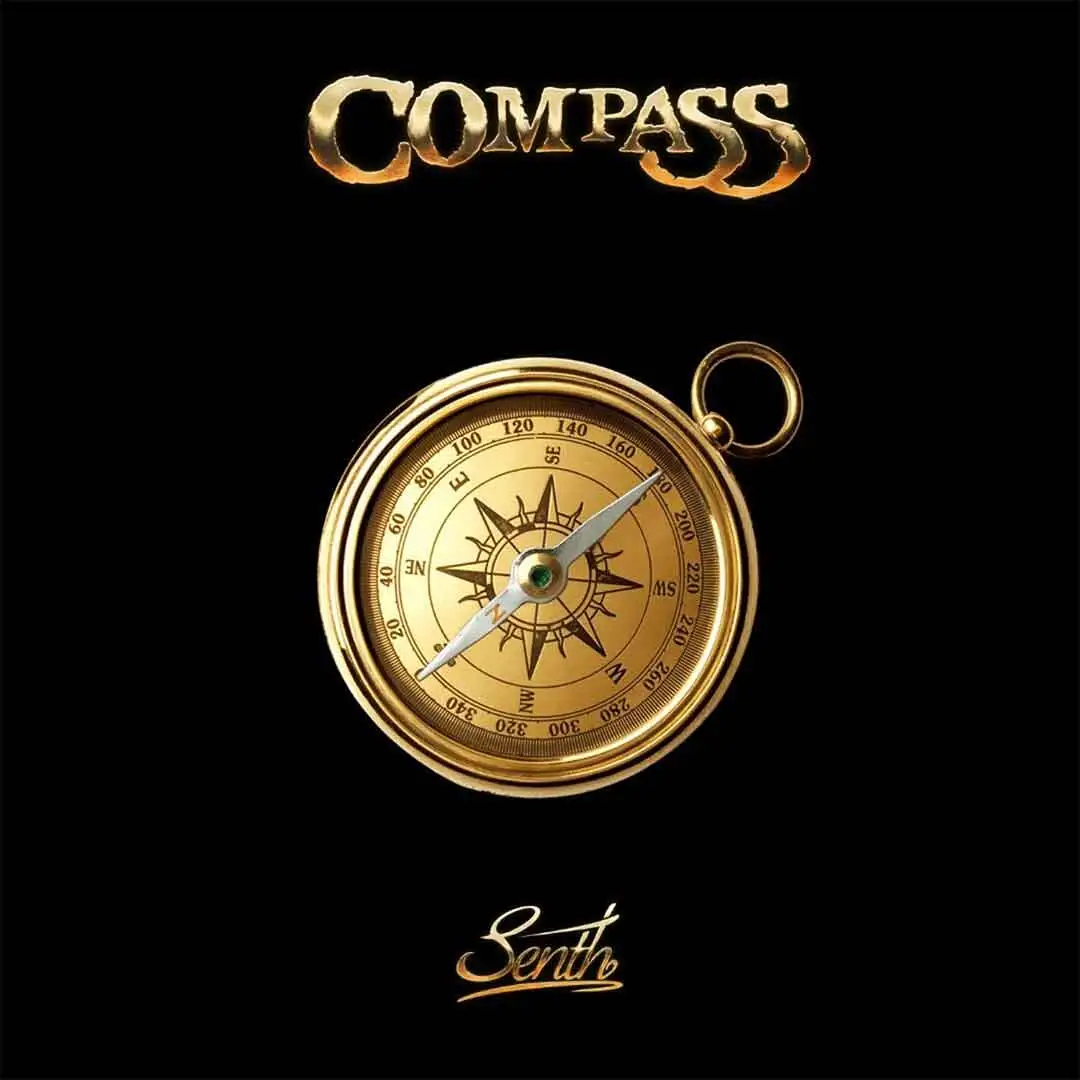Conflicted Destiny - Season 1 Episode 26
.jpg?w=900&ulb=true&ssl=1)
Conflicted Destiny - Season 1 Episode 26
Junior league is over..we are now entering the main season of…
may the battle of the wits begin..
and the forces remained with our noble warrior–the sprite of his ancestors and the warriors before him never left..
once again I digress, my apologies..the story:
***************************************************
I met another young traveler and convinced him to walk with me to Kenema. Since I had no watch, I lost track of time. We walked day and night, and after what seemed like two days, we arrived in Kenema, exhausted and hungry. From Kenema I was able to catch a taxi to Freetown. Before leaving Liberia I had obtained Baba Ali’s family address in Freetown, and I headed straight there.
Baba Ali’s mother, Ms. Mariam, had moved to Freetown after divorcing his father in Nigeria. His grandmother had been very prominent in Sierra Leonean politics when she was alive; she was once the mayor of Freetown. When I got to the house, I met Ms. Mariam and explained that her son was my best friend and we lived together in Liberia. I also told her that Baba Ali could be in great danger because he was living on the street and had no money to go back to Nigeria, and most importantly, that the rebels had already penetrated Monrovia. She had no idea that her son was in Monrovia; she thought Baba Ali was still at the university in Nigeria. He had been missing for a while, but no one knew he had traveled to Liberia.
She took me in and fed me. Their house was Victorian style and she had a live-in male servant who cooked and did all the maintenance in the house. One of Ms. Mariam’s brothers also lived there, while two others lived with their family elsewhere in Freetown. Ms. Mariam was a very pretty woman; too pretty for her age, I thought. She was about sixty years old, but she looked forty. She was very tall, just like her brothers; they were all well above six feet. After my first day at their house, she gave me a lot of books to read, mostly romantic novels. She was nice and we would sit and talk for hours about a variety of topics. She was very intellectual and I enjoyed conversing with her. She wanted to know about her son—how life was going for him and if he was healthy. I wondered how long she would allow me to stay at their house.
I didn’t have to wonder long, though. On the third day she let me know that she wanted to go to Liberia and get her son. By this time the media was reporting that the rebels were in Monrovia. She needed my help to go to Monrovia and I accepted, even though I knew the danger involved. Baba Ali was my best friend and his mother had been so kind to me. Besides, we would just be spending a few hours in Monrovia, just enough time to find Baba Ali and take him back with us. Since I had no money left, I assumed Baba Ali’s mother would pay for our transportation to Monrovia and back, especially since I was doing her a favor.
A week later, Ms. Mariam and I headed to Liberia. We got through the border, and I introduced the nice immigration officer to Baba Ali’s mother. Ms. Mariam liked the lady a lot and told her I was her son. I was already calling her “Mom” anyway because she had been treating me so nicely, like a mother would treat her own son. We took a taxi from Bo Waterside into Monrovia.
When we got there, I couldn’t believe what I saw. Most people had already been evacuated from the city and there was a lot of indiscriminate killing going on. The rebels had launched several attacks against the city. I went searching for Baba Ali at the port and was told that many people had been killed by the rebels the previous day. Some of the victims were people that I knew. I also tried to look for Amara and someone told me he was one of those killed. Luckily, I found a person who had information about Baba Ali. He told me that he had escaped the attack, and gave me an address where I could find him.
Baba Ali was staying with a girl at Logan Town, one of the slums of Monrovia. He was shocked to see us. He looked very haggard and a little disoriented. His mother immediately broke down and started crying, saying she had come to take him home. Baba Ali didn’t say anything because he was high on marijuana, but his expression showed that he was more than happy and ready to come with us. It was agreed that we would all leave for Freetown the next day. Baba Ali’s mother told me she wanted to spend time with her son and I should meet them at ten the next morning so we could leave for Freetown. Apparently, she hadn’t considered the fact that I didn’t have money or anywhere else to go. Suddenly, her attitude toward me changed, and I suspected it was because she now had what she wanted. I heard her whispering something to her son and I became suspicious of her. It appeared that she was scheming to abandon me there and secretly take Baba Ali back to Freetown. Indeed, if that was her plan, she did not know who she was dealing with. I left them and decided to spend the night with Elise and Bobby, thinking that by now Charles would have paid most of the guys that I owed, particularly Elise and Bobby.
As soon as Bobby saw me, he went ballistic and attacked me with a knife. He thought that I had collected money from Charles and run away. I tried explaining that was not the case, but he wouldn’t listen. I tried to talk to Elise and get him to make Bobby see reason, but that didn’t work, either. They were both mad at me and were willing to kill me that night. Thinking quickly, I came up with the only solution: taking them to Charles. I managed to convince them both, and we went to the Star Hotel, along with the other party that I owed. Luckily for me, Charles and Ngozi were in their suite. It didn’t seem like they were ready to go anywhere; rather, it looked like they were looking forward to the war. War profiteering was a very lucrative business, and those two would sell their mothers for profit.
I had them explain to my partners what had happened. Ngozi’s tone was very arrogant and she acted as though what we had given her wasn’t important. I realized we weren’t making progress, and I was ultimately responsible for these people’s money. I pulled Charles aside and begged him to promise them that he would return their money the next day. I asked him to be convincing, even though we both knew he wouldn’t pay them back. He accepted and went to talk to the guys. It was agreed that we would all meet again the next evening to settle everything.
With that, they all left me alone. I sure couldn’t sleep at Bobby’s house any longer. I couldn’t be in Monrovia after noon the next day if I wanted to stay alive. I knew those guys were desperate and would kill me without question. Even though Bobby and Elise didn’t want me to leave their sight that night, I was able to convince them that everything would be resolved the next day and that I was going to sleep at CY’s house.
I couldn’t stop thinking of how my situation had deteriorated because of my goodwill. The lady who had brought me back to Liberia to help her rescue her son now wanted to abandon me, and the people I owed wanted to kill me. I decided not to stay at any of my friends’ places, just in case Bobby and Elise decided to look for me that night. I also thought it best to stay close to where Baba Ali and his mother were staying, so they couldn’t sneak away and leave me behind. I spent the night on the street, despite the dangers all around me. At five the next morning, I made my way even closer to where Baba Ali and his mother were. At six o’clock, a taxi pulled up in front of the house, and Baba Ali and his mother emerged and walked to the taxi with the bag she had been carrying when we arrived yesterday. My fears were confirmed.
Without hesitation, I walked up to them and said, “Mother, thank God I got here in time, since I didn’t know you had decided we would leave earlier!” Her face dropped. She didn’t know how to react. We all got into the taxi and headed off toward the border.
We crossed Liberian and Sierra Leonean immigrations without incident. However, when we got to the Sierra Leonean side, Ms. Mariam pretended she didn’t have enough money to get us all back to Freetown—she only had enough for herself and her son. I told her I had no money with me, but she said that at least I was free in Sierra Leone now and should be able to manage on my own. I didn’t want to be rude to her because I planned to end up at her house—I was broke and had no place to stay. I tried to play smart without being too aggressive. I immediately went and grabbed the female immigration officer to whom she had already introduced me as her son. I introduced Baba Ali as the elder brother we had gone to find in Monrovia. I asked the officer to stay with us until we could find a taxi that would take us to Freetown, and while she made conversation with Baba Ali and his mother, I found one. Taxis usually collected fares before passengers were allowed into the vehicle, so I figured that once Ms. Mariam paid the fare for all three of us, she would no longer kick me out. I took the taxi driver to Ms. Mariam in the presence of the immigration lady so she couldn’t argue or refuse to pay my fare. The expression on her face was priceless. We all got into the taxi and started our journey back to Freetown.
To my amazement, Ms. Mariam allowed me to stay with her again. This time Baba Ali and I shared the room she had given me earlier. It was hard for me to tell whether Baba Ali appreciated what I did for him, since he never thanked me, and neither did his mother. I figured that allowing me to stay in their house was thanks enough. Some of their relatives stopped by to see Baba Ali; they were all pleased to have him back. Baba Ali and I continued to be friends, but our friendship had become one of convenience. I believed that deep down he saw me as a nuisance in his mother’s house.
After a few weeks, his mother tried to convince him to go back to Nigeria to continue with his studies, but Baba Ali wanted to travel to America, where some of his uncles lived with their families. Two of the cousins, a pair of twins the same age as Baba Ali, had just come to Freetown. The girl was very beautiful, but had a weird complexion; I suspected she must have bleached her skin. She wore designer clothes. The boy was an all-American boy; he wore the typical jeans, T-shirts, and baseball caps, and walked with a swagger. They both had Walkmans and listened to the hottest hip-hop and R&B songs. Baba Ali was taken by his cousins’ American way of life. His mother spoke to her brother, and he agreed to find a way to get Baba Ali to America.
I was so jealous. There I was, trying so hard for so long to travel abroad, but everything I had done so far toward that goal had ended up in pure disaster. Now the person I had just helped rescue from the slums of Liberia, who would have eventually died otherwise, was going to America and I was still nowhere close to leaving Africa. It was not that I expected his family to send me to America; I just felt so used and neglected. With the mission of retrieving Baba Ali completed, there was no further use for me, and it became apparent that my presence at the house was no longer welcome.
After three weeks, I decided I had to move on, but I didn’t know what to do or where to go. Then I remembered Ernest, the Nigerian shop owner who had given Elise and me money to return to Liberia after we had been thrown off from the ship River Magidon. I decided to pay him a visit.
Luckily for me, he was at the shop when I arrived and was happy to see me, especially knowing that everybody was leaving Liberia due to the war. During this visit I met a guy named Kelvin, who slept in Ernest’s shop. He was a stranded Nigerian and Ernest had taken him in until he could get back on his feet. In return, he helped Ernest run his shop. I later found out that Kelvin had brought some marijuana to Sierra Leone to sell, and it was confiscated by customs. He was lucky to have escaped arrest because the customs officers weren’t able to connect him to the marijuana packages that were seized.
While I talked with Ernest, he mentioned that he wanted to travel back to Nigeria. He had just bought a Mazda 626 car and intended to transport it by road. He was also looking for someone who could help him drive the vehicle to Nigeria. I immediately volunteered to be his co-driver. He was pleased and we decided to leave for Nigeria in the first week of July. Ernest promised to pay me after selling the vehicle. That same day I received chilling news about the River Magidon.
During my conversation with Ernest, we got on the subject of my stowaway experience, and he told me an incredible story about the River Magidon. It had been all over the news a few weeks back that the ship had sunk off the Spanish coast and everyone on board had died. Apparently, after the ship had left Africa and gone into the Mediterranean Sea, it had developed a very serious problem that caused it to sink. It was said that the crew had sent an SOS to the Spanish authorities, which was ignored. As a result, the ship, the entire crew, and the cargo had gone to the bottom of the sea.
A chill ran through my body. Had the captain not decided to kick out Elise and me in Freetown, we would have still been on the ship and would have perished with everybody on board. I couldn’t believe that God had saved me from this terrible tragedy, and I was just hearing about it. The saying that every disappointment is a blessing was very true in this case. I thanked my God for preserving my life.
For the next few days, I hung out with Ernest and the other Nigerians. Since I wasn’t getting adequate meals at Baba Ali’s house, I decided to sell the bundles of brocade I had brought with me from Liberia to sustain myself. I gave the brocade to Ernest, hoping he could find someone returning to Nigeria who could sell it for me. Luckily, the guy he found decided to pay me upfront for it. I took a portion of the proceeds and gave the rest to Ernest, telling him to invest it in his business and return the money to me when we got to Nigeria. I knew that if I kept all the money, I would end up spending it.
A few days later, Ernest suggested that I move into the shop. He must have realized that I wasn’t happy staying at Baba Ali’s house. Ernest usually stayed at his girlfriend’s house while Kelvin and a few other men—Nigerian businesspeople who didn’t want to pay for hotel rooms—slept at the shop. It was like a community of friends. I jumped at the offer.
The following day I took all my belongings and left Baba Ali’s house, thanking everyone for all they had done for me. No one made any attempt to dissuade me from leaving. The shop I would be sleeping in had two rooms: the inner room, where everyone slept, had a bed in it; the larger outer room displayed the goods for sale. At night, while some of the guys slept in the inner room, I would lie on one of the tables in the outer room. The shop closed at 7 p.m. and opened at 7 a.m., which meant that everyone had to wake up early, go to the neighboring house to shower, get dressed, and then get the shop open for business.
Staying at the shop turned out to be an exciting experience for me, especially because all the Nigerian guys would come there to hang out and share all kinds of stories. Sometimes we would play chess or checkerboard games, and everyone seemed happy. The guys who hung out at the shop were mainly those waiting to collect money for the goods they supplied to their customers. I never went hungry; there was always someone willing to buy my next meal.
I poured my heart and soul into reading books again. My whole life revolved around the characters in the books. On average I read three hundred pages a day. The books were my way of escape, and through them I was able to travel to those faraway lands that had so far eluded me. I also looked at my map frequently. I knew that I was getting close to achieving my dream of traveling abroad; it was just a matter of time. I started preparing myself for what I would do when I finally arrived at my foreign destination.
I also got plenty of exercise. I wanted to be fit in case I tried to join the armed forces. In fact, after secondary school, while I was still living with my uncle, I had tried to enlist in Nigeria—in the air force in particular. The recruitment exercise was scheduled at an army artillery base. Unlike in developed countries where people were persuaded into the service with a lot of incentives, in Nigeria it was the opposite. There were always more candidates than the number of slots available. On that particular occasion there were barely one hundred slots to be filled, yet more than two thousand people showed up to be recruited. All two thousand candidates were required to pass several physical challenges in order to be considered. The first challenge was a two-mile run. I was nowhere close to the top two hundred and went home disappointed.
Still thinking I might have the opportunity of joining the armed forces in whatever country I would end up in, I started a disciplined physical training regimen. Every morning I would run up and down the hill, lift some weights, then read my book and hang out with other Nigerians. In the evening I would join the local Freetown teams to play soccer.
Ernest’s shop was situated in a prime location in the city, and while sitting at the shop, we would admire people passing on the street. That was how I met a beautiful Jamaican girl who was born in London. We became good friends after we had chatted few times on the street. She lived with her family up on the hill at Fourah Bay College, where her mother taught. I became friends with her mainly because she was born in London. She was mixed race—her father was black and her mother was white—and she spoke with a British accent. Every evening, as she returned from town, I would walk her halfway to her house and she would tell me wonderful things about London. The other Nigerians who stayed at the shop started to make fun of me because they thought I was smitten; I thought they were just jealous of me.
Ernest’s shop was never short of drama, as could be expected whenever a group of guys lived together for a long period of time. Testosterone ran high and the equilibrium would start to unravel. A lot of times the guys would argue, fight, and make friends again. Other times, new people would arrive from other countries and end up at Ernest’s shop. There were also drug dealers in transit who would stop by on occasion. Though most of the guys who hung out at the shop had legitimate businesses, a few were drug dealers. Nigeria had a reputation for drug trafficking, so it wasn’t unusual that people would come around from time to time assuming we knew a thing or two about drugs.
On one occasion, a Nigerian had brought in a Ghanaian guy called Nicolas who lived in Las Palmas, Canary Island. He was in Freetown looking for drugs to take back with him. We were introduced, but didn’t speak for long since I wasn’t at his level of affluence. I saw him a few more times, and then he was gone. I wasn’t sure whether he had been successful in his quest.
[ads4]
There was also a character called Achito. He was a very funny guy; eloquent and well-spoken, always in and out of jail. Achito was stranded in Sierra Leone because he had been caught trafficking drugs…..
To Be Continued…

.png?w=300&ulb=true&ssl=1)
.jpg?w=300&ulb=true&ssl=1)
.jpg?w=300&ulb=true&ssl=1)



![Deaw Special Super Soft Power (2024) [Thai]](https://www.memesng.com/r/storage.waploaded.com/images/b675bcd2729ccacc87521af7756011eb.jpg?w=50&ulb=true&ssl=1)
![Free Money (2023) [Estonian]](https://www.memesng.com/r/storage.waploaded.com/images/078db976c9c922a1c9c18a9a032b6c2b.jpg?w=50&ulb=true&ssl=1)














![Ninja Kamui (2024) [Japanese] (TV series)](https://www.memesng.com/r/storage.waploaded.com/images/269fcbec2b9d7d5506a919f192f2e61d.jpg?w=50&ulb=true&ssl=1)
![The Escape of the Seven Resurrection (2024) [Korean] (TV series)](https://www.memesng.com/r/storage.waploaded.com/images/2a7d90cddc2687327a1fdc3bef1e6d2e.jpg?w=50&ulb=true&ssl=1)
![Beauty and Mr Romantic (2024) [Korean] (TV series)](https://www.memesng.com/r/storage.waploaded.com/images/ecd8a3a73377eece67c71f1551596799.jpg?w=50&ulb=true&ssl=1)
{{comment.anon_name ?? comment.full_name}}
{{timeAgo(comment.date_added)}}
{{comment.body}}
{{subComment.anon_name ?? subComment.full_name}}
{{timeAgo(subComment.date_added)}}
{{subComment.body}}